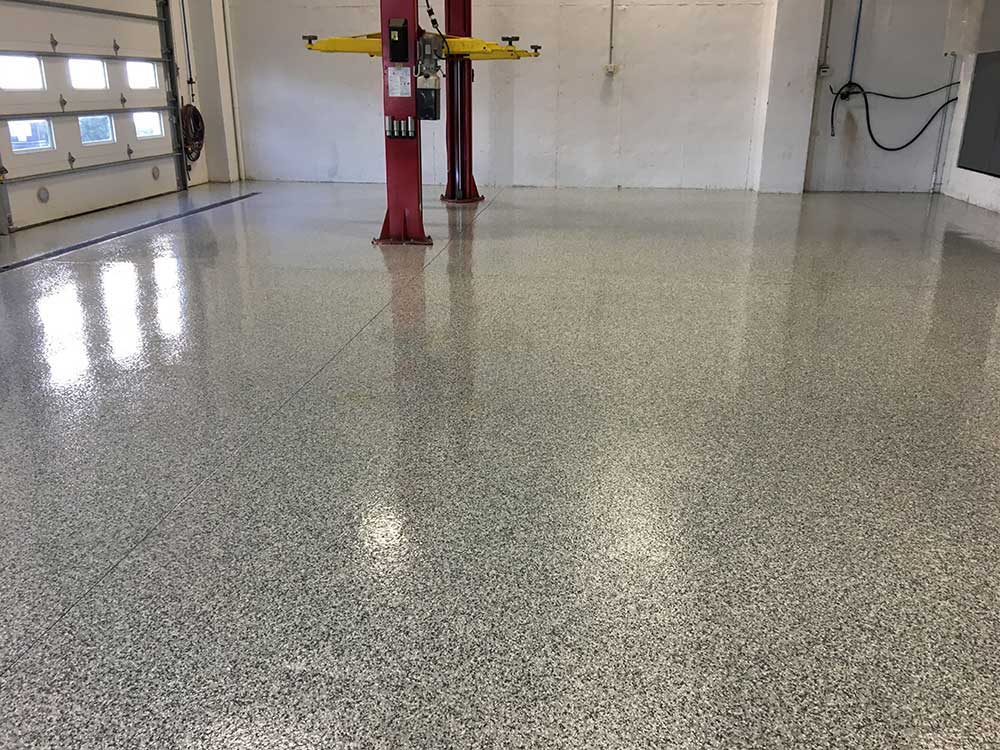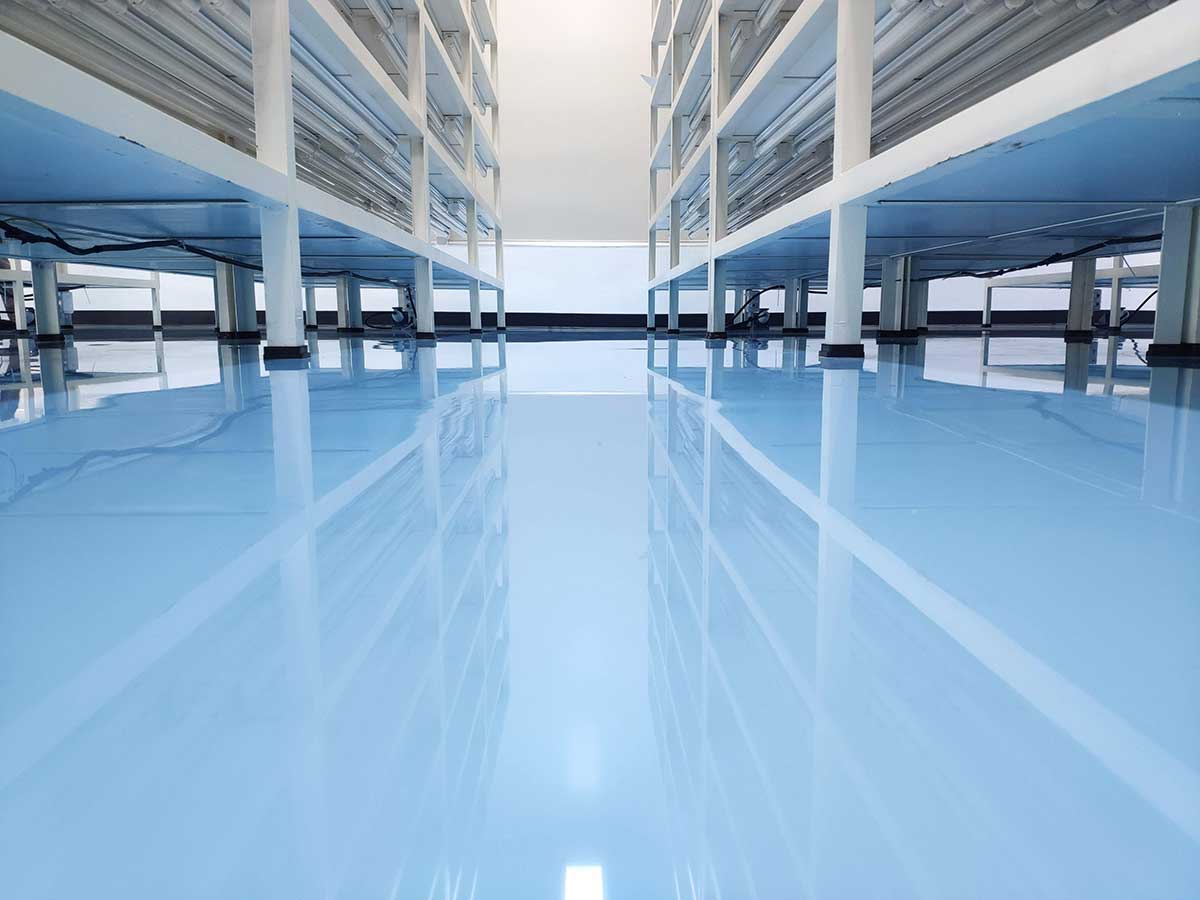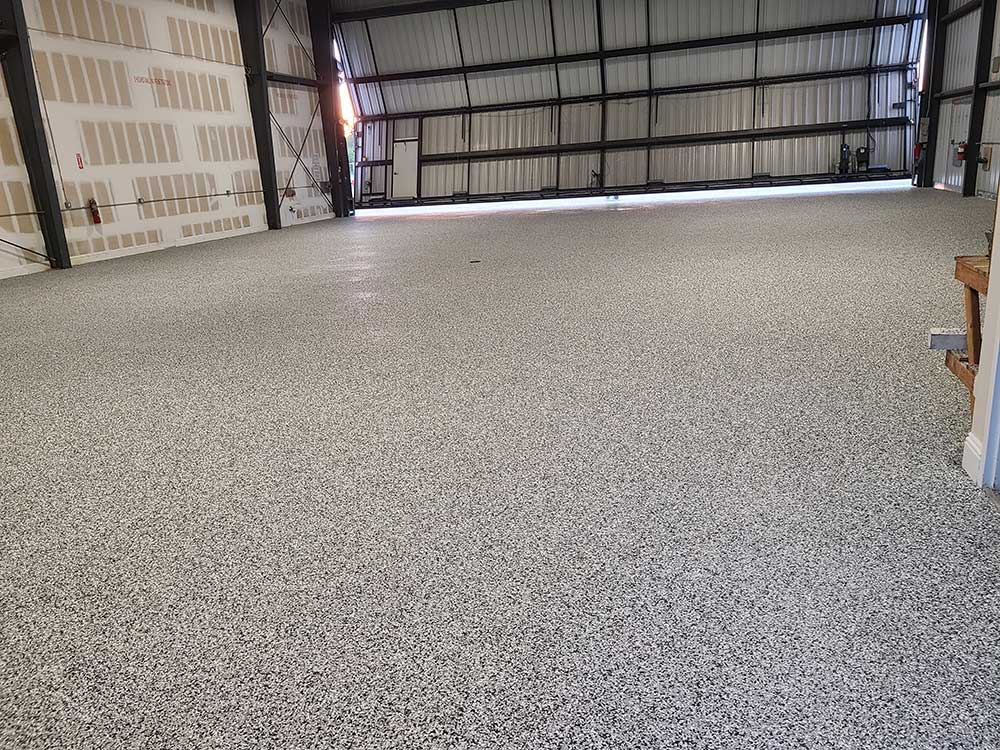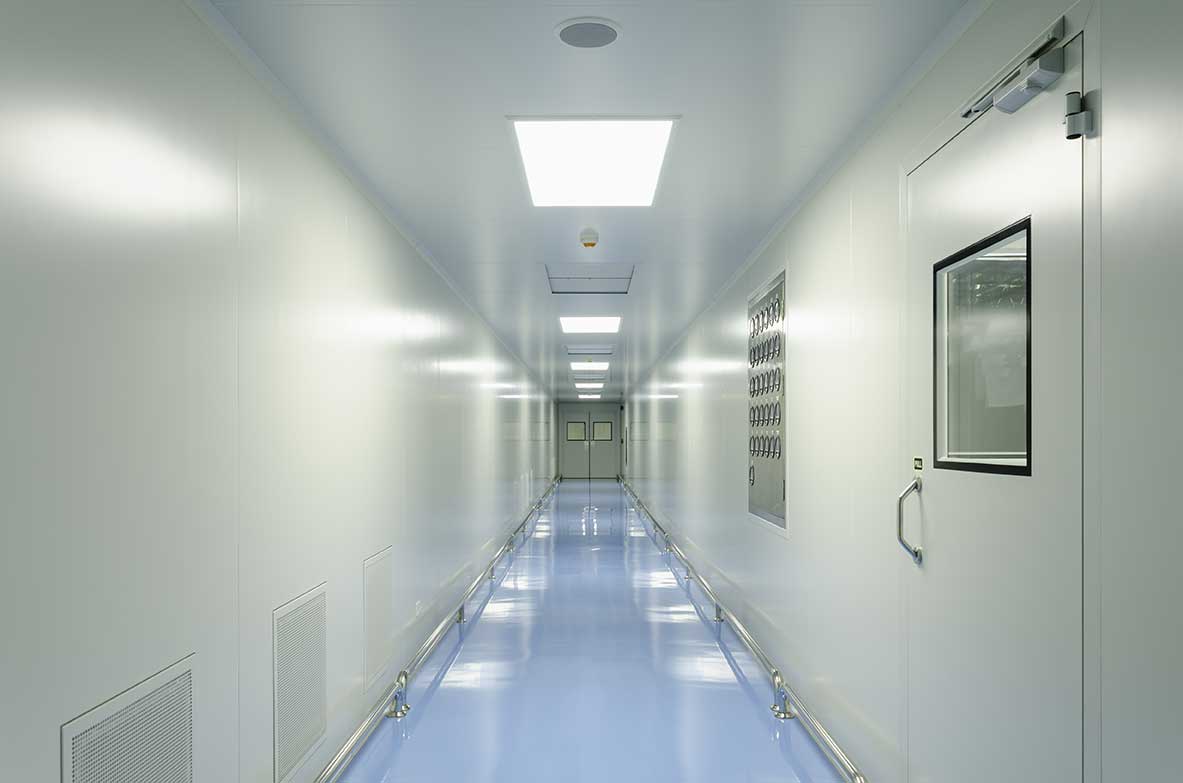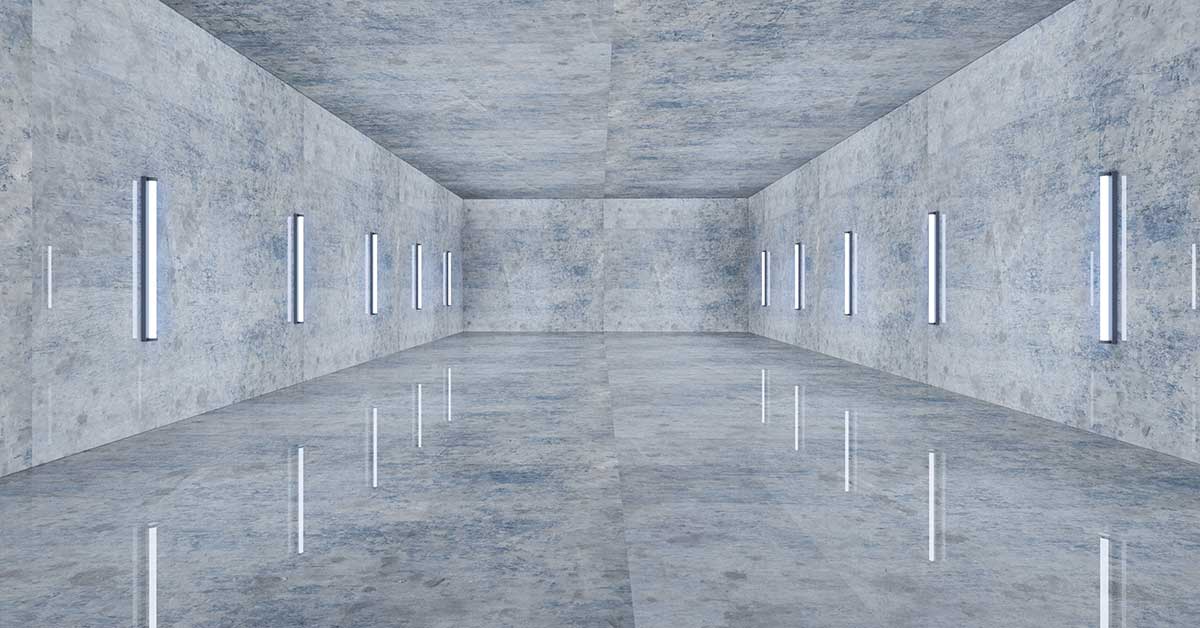epoxy flooring alternatives
It is easy to maintain. Epoxy flooring is easy to maintain. All you have to do is sweep and mop with water and detergent. Concrete flooring, on the other hand, can be hard to clean and can be brittle or coarse. Abrasion-resistant epoxy coating ensures that heavy appliances won't scratch the flooring. It is extremely durable and will last many years. This flooring is one of few that won't easily wear down, which is a bonus.
A concrete surface with an etched texture will appear rougher than one with a smoother texture. It should look similar to 100-grit sandpaper. If it isn’t, you can check whether it is textured enough. A quick way to create a darkened profile is to pour water on the floor. There are many single-coat epoxy kits that come with etch solutions and clean etch. These solutions may not be strong enough to create the perfect surface profile.
Make sure you know what the costs are before you get started. While 3D epoxy floors are costly, they can add a unique effect to any space. It may not be an affordable option, but it is worth it. This flooring is practical and durable. You will need patience to finish the project. You can also save money by purchasing pre-made 3D floor stickers.
able epoxy flooring